Posts

UCLA Professor Interviewed About COVID-19 Impact on Native American Community
BBC's Newsday interviewed Dr. Desi Rodriguez-Lonebear, UCLA Associate…
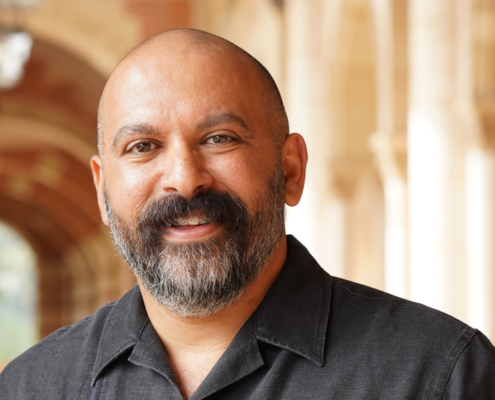
Challenging the Problematic Description of Being “Articulate While Black”
Dr. H. Samy Alim, UCLA Professor of Anthropology and David O.…
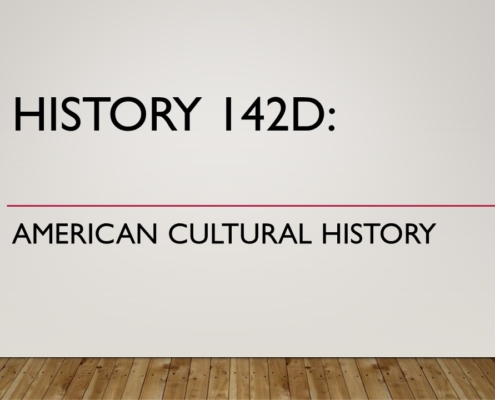
LA Social Science Summer Course Previews: American Cultural History with Professor Avila
As summer 2020 approaches, LA Social Science will be highlighting…
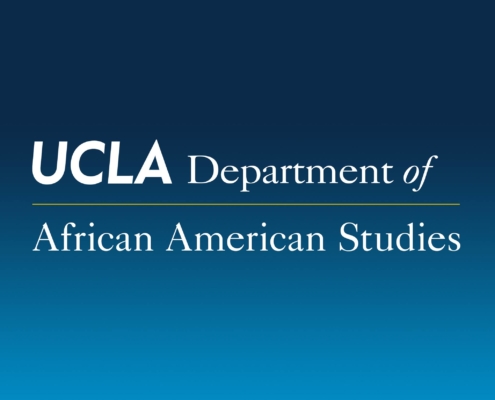
LA Social Science Summer Course Previews: African American Studies Courses in 2020
As summer 2020 approaches, LA Social Science will be highlighting…
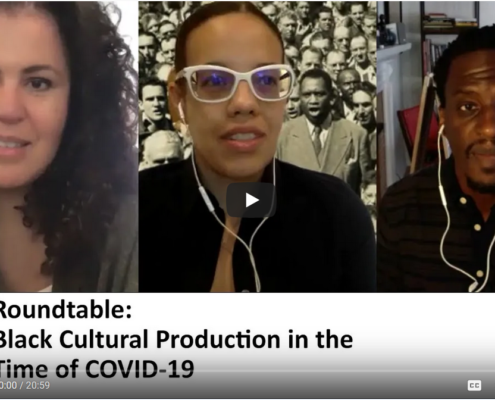
LA Social Science Roundtable: Black Cultural Production in the Time of COVID-19
LA Social Science invited three Los Angeles-based professors…
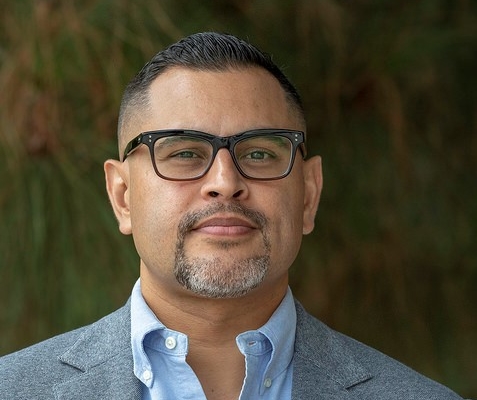
LA Social Science Presents “Conversations with Changemakers” Featuring Dr. Efrén Pérez (Video)
As the Director of the UCLA Race, Ethnicity, Politics and…
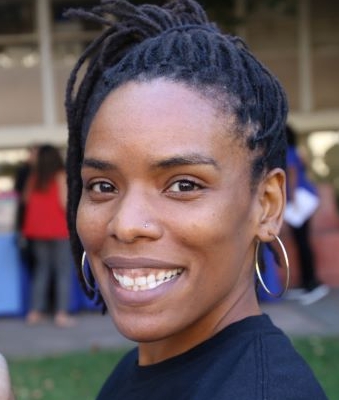
LA Social Science Scholar Profile: The Rise of Jasmin A. Young
Jasmin A. Young is currently a University of California President’s…
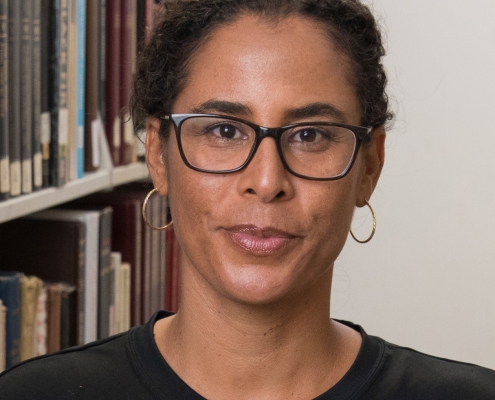
UCLA Professor Kelly Lytle Hernandez Named 2019 MacArthur Fellow
Dr. Kelly Lytle Hernandez, Professor of History and African…

A Fresh Perspective: Black Life Across U.S. Cities
UCLA’s Division of Social Sciences is full of amazing faculty,…
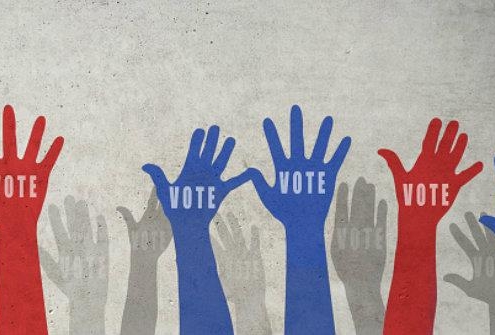
Testimony on Voting Rights Issues
The U.S. House Committee on Administration was authorized…

